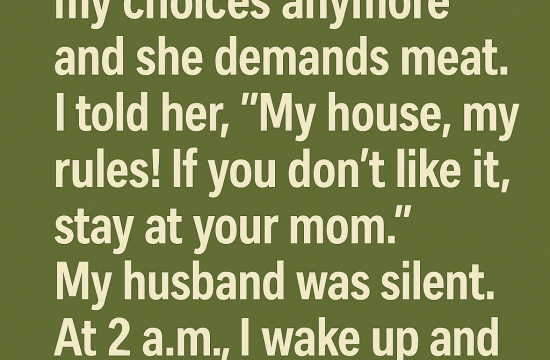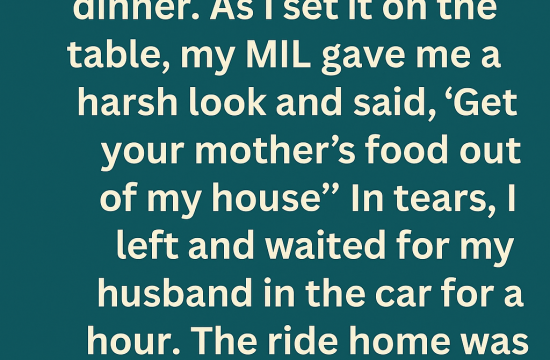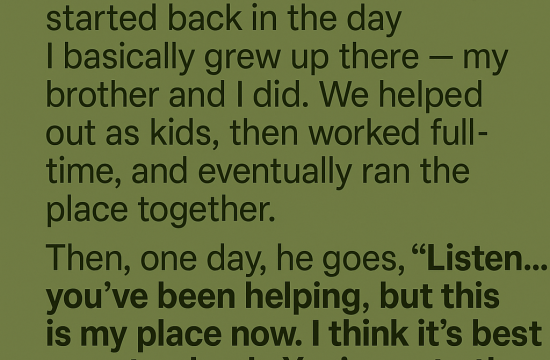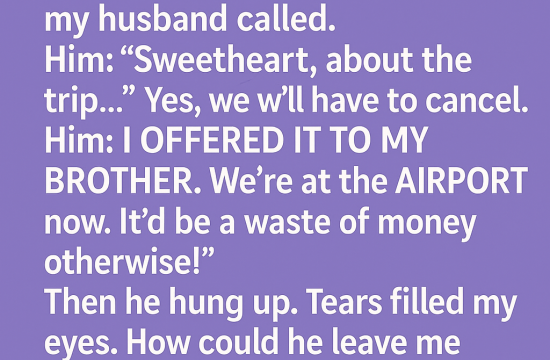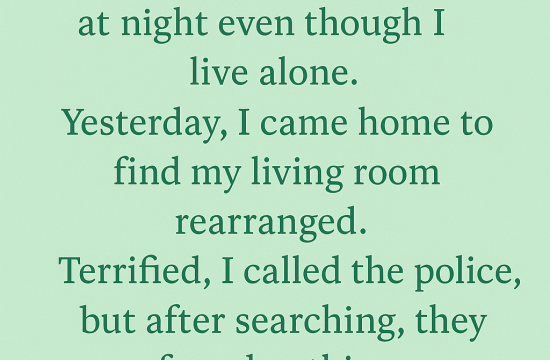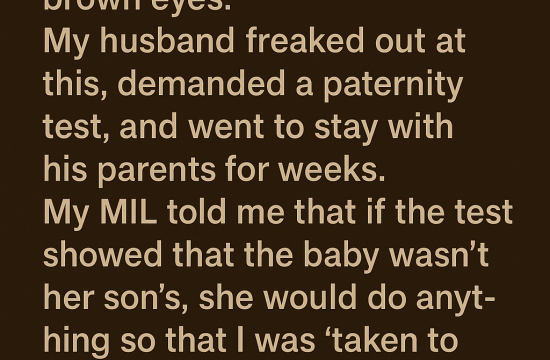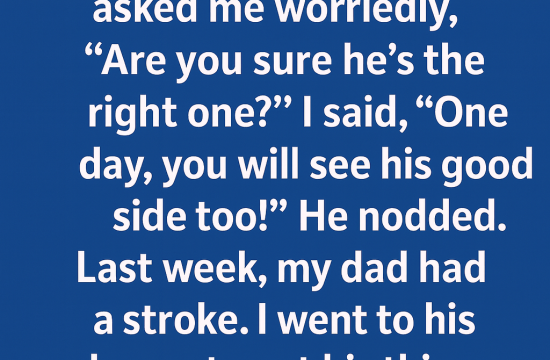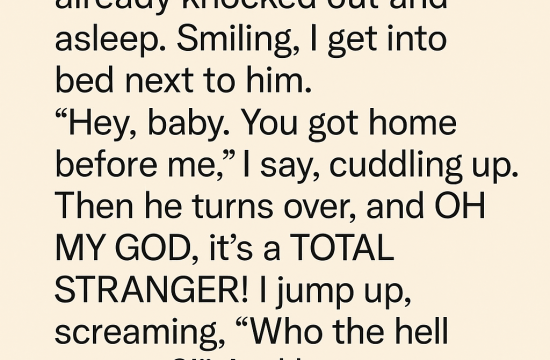Three years ago, I gave my sister Lisa and her husband Rick a $25,000 loan from the sale of my flower shop. They had dreams of opening a boutique, and they promised to repay the full amount within a year. I trusted them. They were family.
But that promise vanished like smoke. Instead of repayments, I got vague excuses—and social media posts flaunting their new SUV, weekend getaways, and luxury dinners. It was like watching my own generosity fund someone else’s fantasy.
At Thanksgiving, I’d had enough. As we sat down for dinner, I brought up the loan—calmly, directly. Rick laughed, brushing off the signed agreement as “just a formality.” Lisa shrugged and said, “We thought you didn’t really care.” That moment hit me like a punch to the chest.
I left their house in silence but with absolute clarity: I was done chasing people who never intended to honor my trust.
A lawyer later confirmed what I already feared—the document we signed was likely unenforceable. That same day, I made a choice: peace over pursuit. I blocked their numbers, distanced myself from the chaos, and focused on rebuilding my life.
Karma didn’t take long to do its job. A mutual friend told me Rick got flagged by the IRS for undeclared income. Their boutique folded, their home went into foreclosure, and their perfect life unraveled fast.
Weeks later, Lisa called me—her voice trembling, full of desperation. I listened in silence. When she paused, I replied evenly: “You still owe me $25,000.” Then I hung up. Not out of anger—but from peace. True, solid, freeing peace.
In the months that followed, I started again. I returned to floral design—this time through intimate events, hands-on workshops, and creative retreats. My savings recovered slowly. But my self-worth? That bloomed faster than I expected.
I learned that kindness must come with boundaries. That trust, even with family, must be earned—not assumed.
Then, one afternoon, Lisa showed up to one of my floral classes. She stood in the doorway like someone trying to enter both a room and a memory. She apologized—genuinely, finally—and asked if she could join.
I said yes. But only on my terms.
She came back the next week, and the next. We talked—not about the money, but about life, mistakes, and the quiet kind of regret that matures into growth. I don’t know if I’ll ever see that $25,000 again.
But I’ve gained something far more valuable: strength, clarity, and the courage to draw the line between love and self-betrayal.
Betrayal hurt—but healing made me stronger. And that, I’ve realized, is worth every penny.




